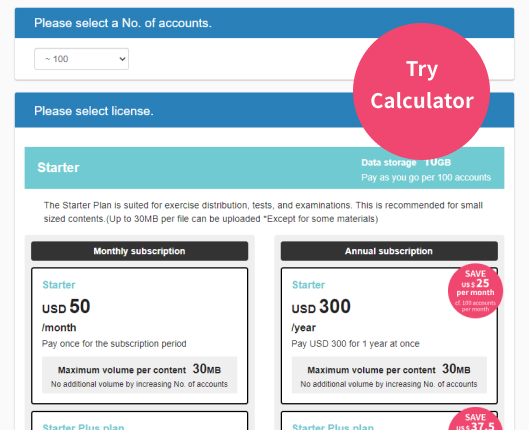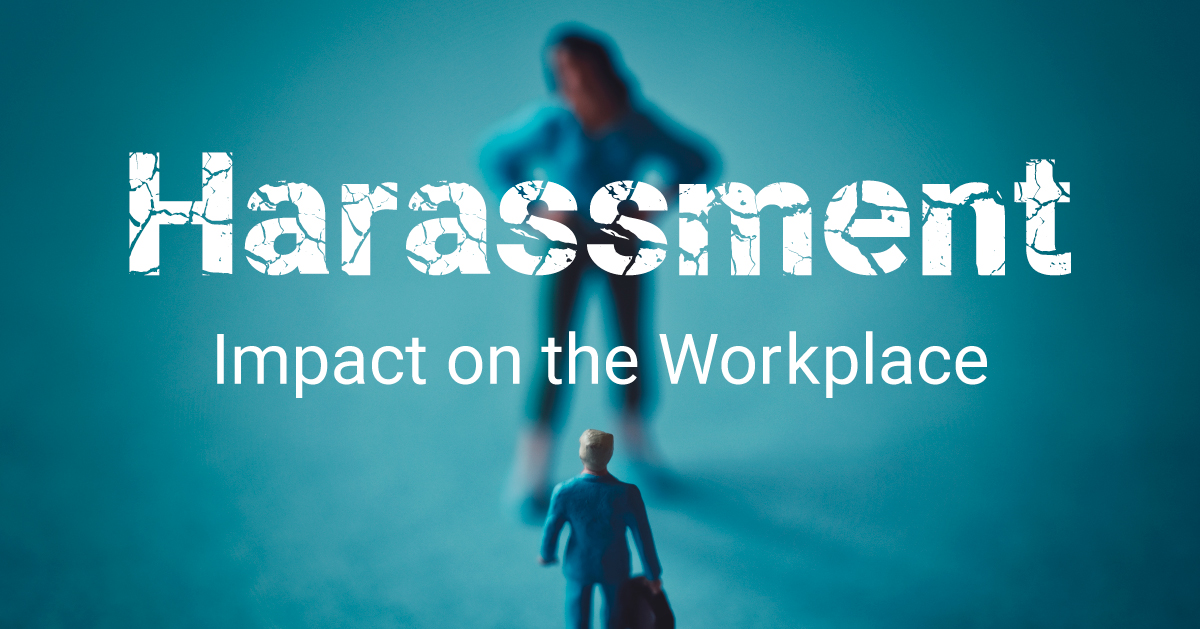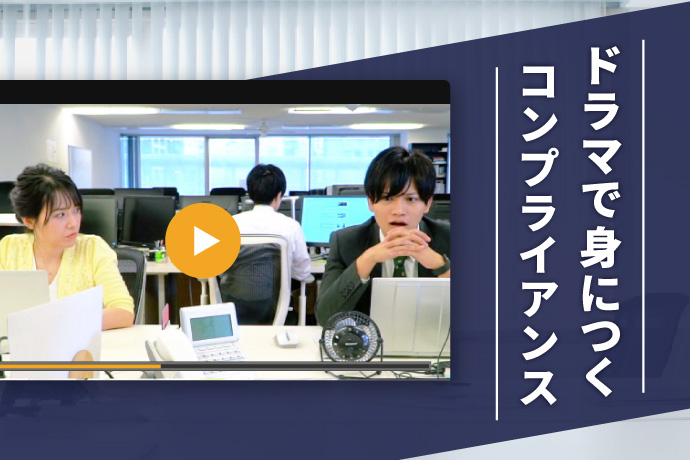Does Power Harassment Happen Between Colleagues? How to Resolve Workplace Harassment Issues

The most well-known examples of "power harassment" that occur in the workplace are those committed by supervisors against subordinates and by senior employees against junior employees. However, power harassment can occur even among colleagues who at first glance appear to be on equal footing.
What are the characteristics of power harassment among colleagues? How should the harasser and those around him or her deal with the situation, resolve it, and prevent its recurrence?
This article discusses the issue of power harassment among coworkers.
Contents
- 01Characteristics of power harassment among coworkers
- Does power harassment occur even among coworkers?
- Other problems that can occur between coworkers besides power harassment
- 02Examples of power harassment among coworkers and how to handle it
- Specific examples of power harassment between coworkers
- What to do if you suspect power harassment between co-workers
Characteristics of power harassment among coworkers

Business organizations are home to a wide variety of relationships. Can power harassment occur even among colleagues who are on equal footing in the workplace? First, we will explain the basics of power harassment between coworkers.
Does power harassment occur even among coworkers?
Power harassment is when a perpetrator takes advantage of a socially superior position to inflict physical or mental pain on a person in a weaker position.
Generally speaking, power harassment is more likely to occur in the workplace by taking advantage of one's position in the business. Examples include relationships between superiors and subordinates, and between senior and junior employees. In these hierarchical relationships, subordinates and junior employees who are in a weaker position are more likely to become victims of power harassment.
However, power harassment can also occur between coworkers. Even if employees are close to each other in their work positions, any use of advantage constitutes power harassment, so care must be taken.
Other problems that can occur between coworkers besides power harassment
In addition to power harassment, there are other problems that may occur in relationships among coworkers within an organization. Examples include "moral harassment," "sexual harassment," and "workplace bullying.
Moral harassment is the infliction of emotional distress on a person through morally repugnant and harassing words and actions. In many cases, the victim's damage is not easily noticed by others because the attack does not manifest itself as obvious violence or verbal abuse.
Sexual harassment causes physical or emotional distress through sexual words or actions that are against the will of the other person. It is a type of harassment that should be noted even among colleagues.
Bullying behavior that takes place in the workplace is called workplace bullying. In some cases, more than one person can be the perpetrator, such as a group of coworkers harassing each other.
Back to ContentsExamples of power harassment among coworkers and how to handle it

What kind of words and actions between colleagues who are close to each other in their work positions can be considered power harassment? Here, we will explain specific examples and how to deal with them.
Specific examples of power harassment between coworkers
Common types of power harassment include physical aggression, mental aggression, detachment from relationships, and violation of individuality.
Physical aggression between coworkers, such as intentional bumping or throwing things at each other, are examples of power harassment.
Mental attacks include instances of grumpiness, verbal slurs in e-mails and other communications, and long telephone calls. Spreading unfavorable rumors within the company is also considered power harassment. In addition, reprimanding a co-worker in public for a work mistake is inappropriate, even between co-workers.
In terms of detachment from relationships among coworkers, attitudes such as ignoring greetings and comments, and excluding coworkers from each other's company fall under the category of power harassment.
In addition, looking at personal belongings without permission or persistently questioning the reason for taking leave are examples of power harassment that violate personal privacy.
What to do if you suspect power harassment between co-workers
Victims of power harassment by coworkers should consult with their trusted supervisor, as well as the human resources department, the labor union, or the company's internal power harassment consultation service. At that time, recording evidence of the power harassment and testimonies of other colleagues will make it easier to confirm the facts of the situation.
In addition, if a co-worker is being subjected to power harassment, those around him or her should not turn a blind eye and intervene. There are ways to respond, such as talking to the individual or encouraging him/her to consult with a third party.
If it is difficult to resolve the problem within the company, it is a good idea to consider consulting an outside organization. In this way, it is important to ensure that victims have a place to go for consultation in order to improve the situation and prevent recurrence.
Back to ContentsHow to resolve power harassment issues between co-workers?

If power harassment between colleagues occurs in your company, what should you do to resolve the problem? We will introduce how to consult with experts and measures to prevent power harassment.
Main sources of consultation for power harassment among coworkers
General Labor Consultation Corner
This is a public consultation service provided by the Ministry of Health, Labor and Welfare that offers consultation on a wide range of labor issues, including power harassment. These are located at labor bureaus and labor standards inspectors' offices throughout Japan. Not only employees but also employers of companies can consult.
Comprehensive Labor Consultation Corner|Ministry of Health, Labour and Welfare
Minnano Hanzoku 110 (National Human Rights Consultation Dial)
This is a telephone service provided by the Ministry of Justice for consultation on human rights issues, including power harassment. Investigations are conducted into cases of human rights violations, and remedial measures may be taken. As well as the telephone counseling service, there is also an interview counseling service at the Legal Affairs Bureau or District Legal Affairs Bureau, and an Internet counseling service.
Human Rights Watch for Everyone|Ministry of Justice
Internet Human Rights Consultation Service|Ministry of Justice
Houterasu (Japan Legal Support Center)
It is an organization established for the purpose of resolving legal problems of the public. It functions as a general information center for legal troubles, including power harassment, and consultation leads to obtaining necessary information and support. Inquiries can be made through the support dial or by e-mail.
Japan Legal Support Center Houterasu
solution support
This is a certification system by the Minister of Justice for resolving personal problems, including power harassment. A certified private business intervenes as a third party and provides support toward resolution. With the support of experts, the problems can be expected to be resolved through mediation.
Measures to Prevent Power Harassment in the Workplace
In order to maintain an appropriate work environment, it is advisable to inform employees of the company's policy on the prevention of power harassment and engage in awareness-raising activities. To prevent power harassment among coworkers, it is ideal to educate all employees, not just managers. The entire company should engage in harassment prevention training.
In addition, the employment regulations should have provisions on harassment and clearly state the disciplinary actions to be taken against the perpetrator. Establish an in-house consultation service, and have the person in charge acquire expertise in anti-harassment measures. Work promptly to solve the problems of those who consult with you, to improve the current situation, and to prevent recurrence of damage.
Back to ContentsPower harassment happens even between co-workers! Let's work towards prevention!
In this article, we discussed power harassment between coworkers. Power harassment can occur even among coworkers. It is important for employees themselves to fully understand these potential harassment issues in the workplace and to work systematically to prevent them.
For in-house elearning courses, learningBOX will help you effectively.
learningBOX is a cloud-based elearning platform
and you can easily build training courses online.
Created content will be delivered to employees and you can track their learning progress.
There will be something you can do to improve your work environment.
▼You may also like:
Back to Contents-
Discover rich featuresService Guide
-
Feel free to contact usGet in Touch
-
Try our Free PlanTry Free Plan













